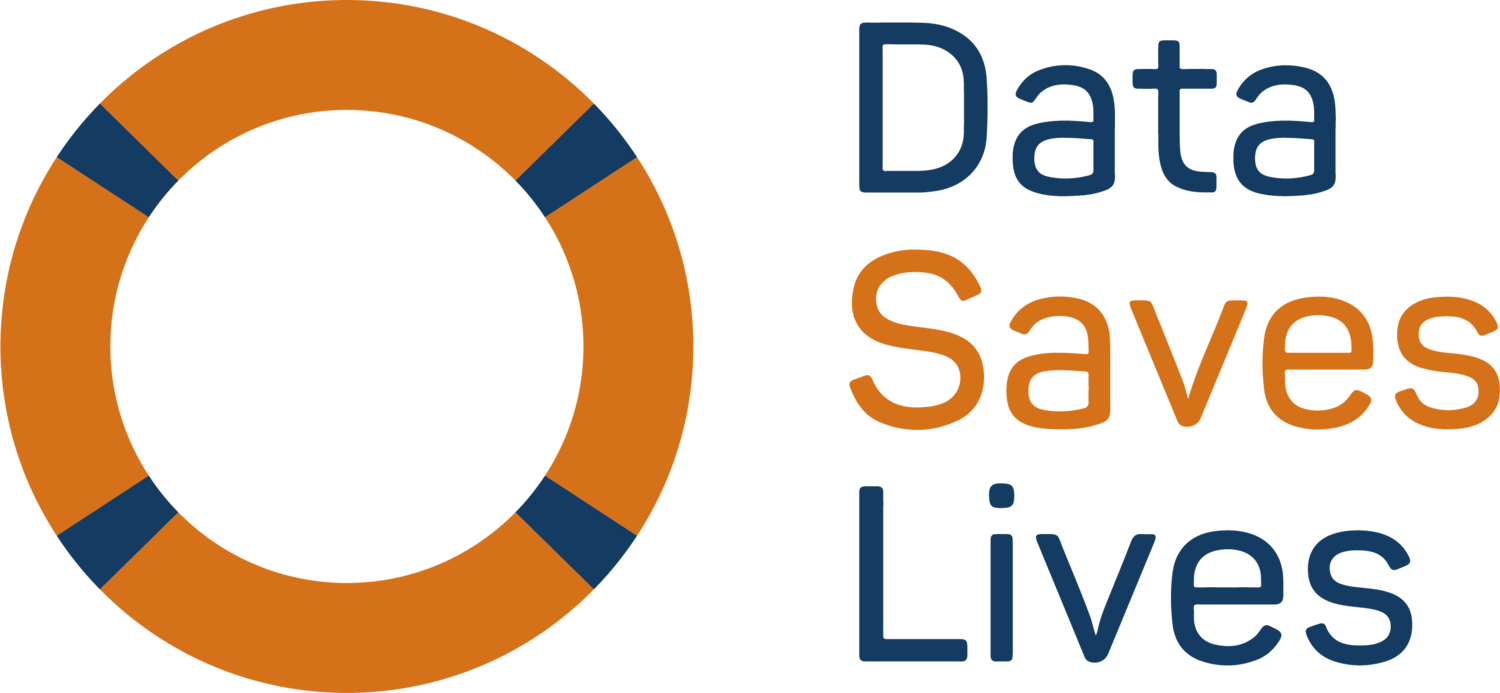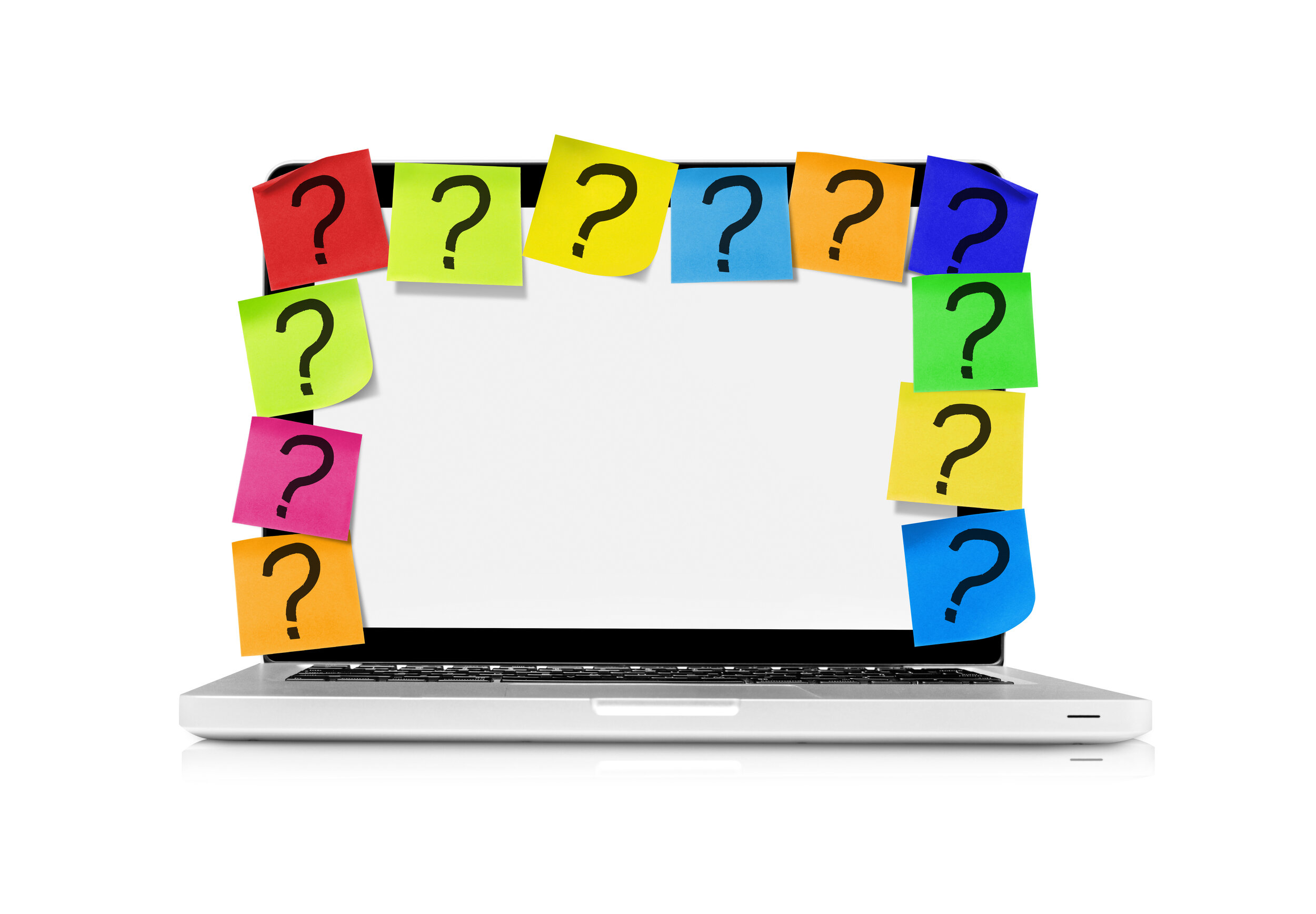On 1 July 2020, Data Saves Lives held its first webinar titled ‘All About Data Saves Lives.’ The webinar focused on explaining the health data challenge that DSL aims to tackle, as well as the DSL mission, main activities and how the initiative is organised and governed. A recap of the presentations can be found via this video. At the end of the webinar, attendees had the opportunity to ask the panel of speakers questions – this led to a lively exchange of views, which is summarised in this blog post. However, time did not permit us to address all of the questions posed during the webinar – please find below the responses to these.
Q1. Can you share the main contact in DSL to reach out to, to share information or networking?
A1. Everyone interested and committed to responsible health data sharing can take part and contribute. The main contact at DSL to reach out to is Gözde Susuzlu, the Data Saves Lives project coordinator at the European Patients Forum. You can reach her and the team at: dsl-info@eu-patient.eu
Alternatively, you can interact with us on our social channels at:
The DSL website and blog datasaveslives.eu/ and datasaveslives.eu/blog
Via our twitter page at twitter.com/DataSaves_Lives
Or on our Instagram page at instagram.com/datasaves_lives/
Q2. The different approach with regards to Privacy and COVID-19 tracking apps shows that education will not be sufficient. There is legislation too... and perhaps profit for some. How can we solve this?
A2. These types of questions around privacy, trust, information governance and the responsible use of health data are the raison d’etre for Data Saves Lives.
People are understandably concerned about what will happen to their data, who will have access to it, and whether it will be monetized. The most recent and clearest example of the delicate interplay between these concerns and realities around health data sharing is of course, COVID-19. The tracking apps debacle showed that the rapid adoption of digital health, at least when it comes to wide-population application, is complex. There are several interconnected issues: trust (e.g. privacy concerns), lack of awareness and health (digital) literacy, but also lack of capacity at health systems levels to share information in an appropriate way and plan innovation in health systems properly, with a co-creation structure/plan in mind. These three elements create a complicated web, which is compounded by a big information gap and overall lack of awareness and understanding around these issues.
Data Saves Lives sees our role as a communication hub that connects people and organisations to tackle these issues, and increase awareness and understanding so that people are more empowered to make decisions about their health data, with whom they share it , and ultimately understand how health data is used.
Q3. Based on the comments made, does Data Saves Lives believe pharmaceutical research and the use of real world data is illegitimate?
A3. No – we do not support this view. Pharmaceutical companies and research, and the use of real world data have a very important role to play in the health data space, and real world data is vital to delivering innovation that delivers outcomes that matter to patients.
This is one of the reasons several of the partners within Data Saves Lives are involved in major projects looking at real world data , such as the EHDEN project.
However, Data Saves Lives recognises that many of the fears around data privacy stem from the overall lack of awareness and education on this topic, and just how this data is sourced and used.
As a communication hub and platform we are impartial, and seek to be a level playing field where all stakeholders can share their views, voice their concerns, and alert us to the key issues that we need to be tackling.
Q4. Trust is based on transparency of purpose and relevance, plus we need interpretation and then implementation of e.g. GDPR and similar. Does DSL support the call for a Code of Conduct at EU level?
A4. Clear and understandable frameworks which are easy to access and exercise by patients are important. Data Saves Lives welcomes a code of conduct on health data at the EU level as planned by the European Commission (Particularly one that is in plain English and not too lengthy).
We further welcome moves towards a European Health Data Space (or EHDS) to be based on an appropriate framework which ensures data ownership, health literacy, empowerment and specific data protection provisions for patients, including such a dedicated code of conduct for health data. Such a plan can bring clarity to a number of grey areas which are important to clarify given the complexity, impact and risks of innovation in health at different levels.

